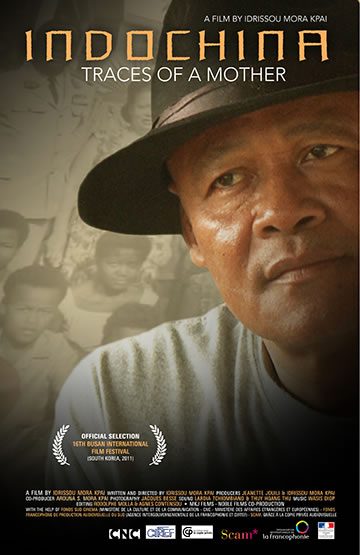• New Directions in African Cinema, New York University
• New Orleans Loving Festival
• Finger Lakes Environmental Film Festival
• Africa World Documentary Film Festival
• Luxor African Film Festival, Egypt
• Film Africa, London
• Africa in the Picture, Amsterdam
• Festival International du Film d'Afrique et des Iles, Iles de Réunion
• African Film Festival in Cordoba-FCAT, Spain
• Namur International Film Festival, Belgium
• Guadeloupe Documentary Film Festival
• Les Escales Documentaires de Libreville
• Les Rencontres Cinématographiques de Hergla, Tunisia
• Algiers International Film Festival
• Busan International Film Festival, South Korea
